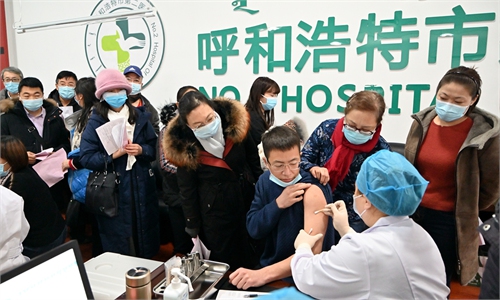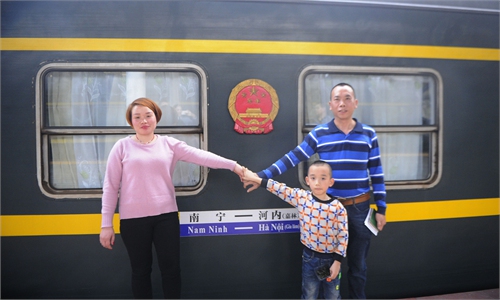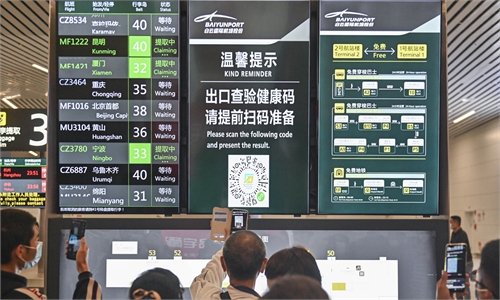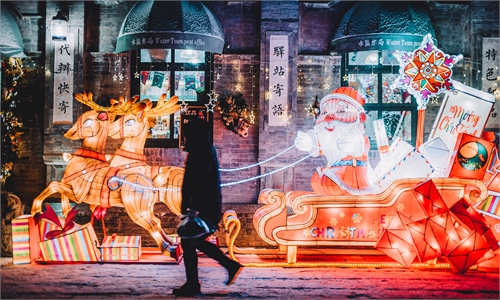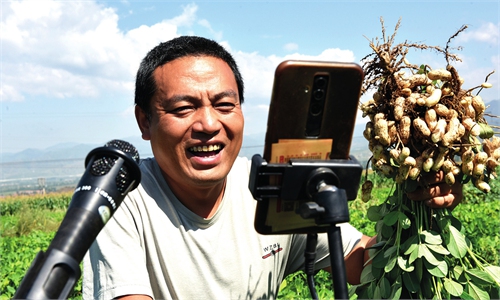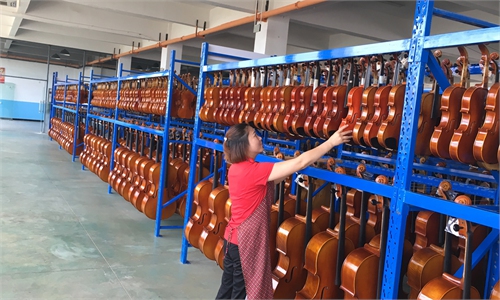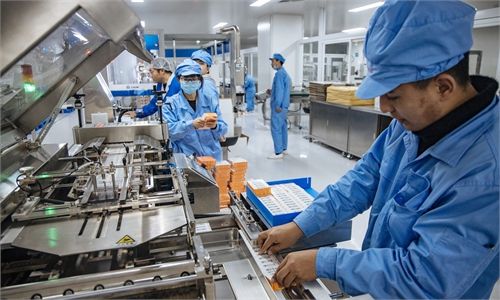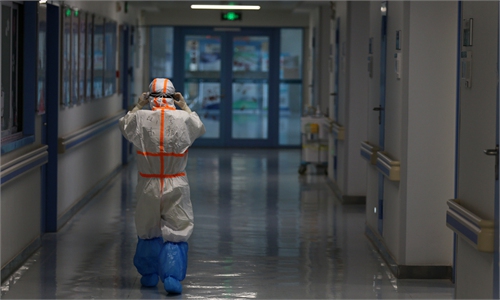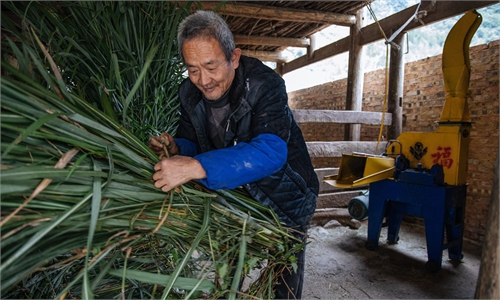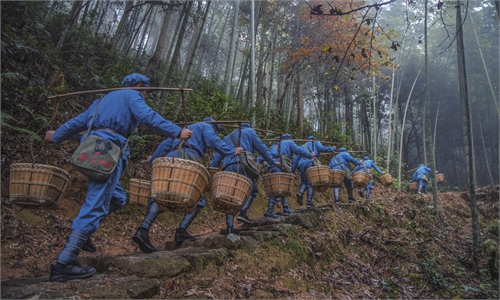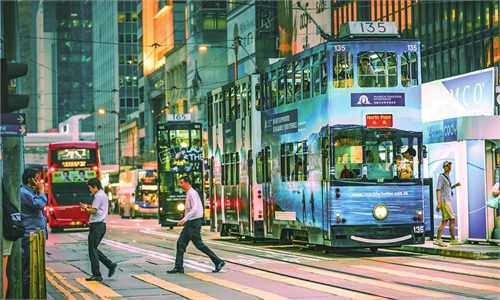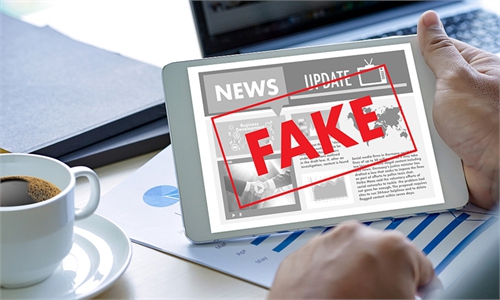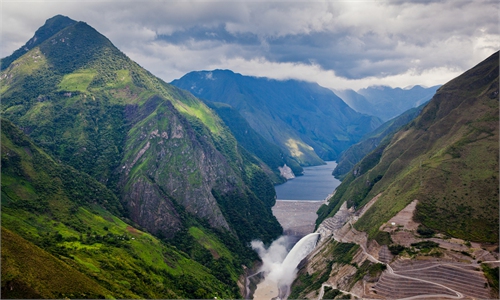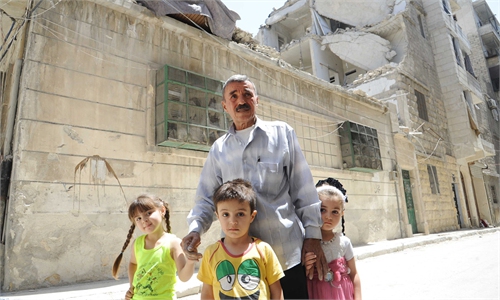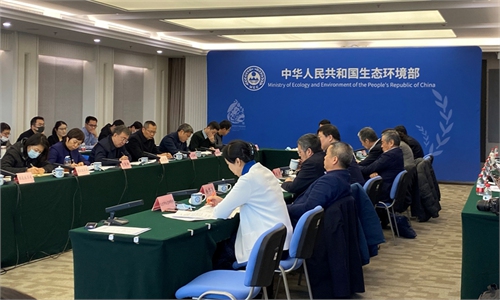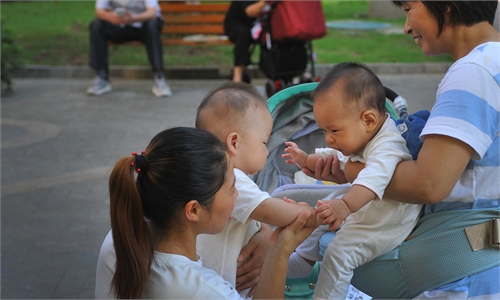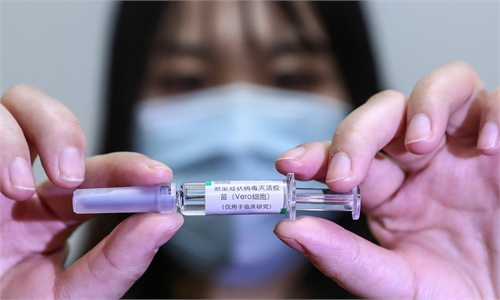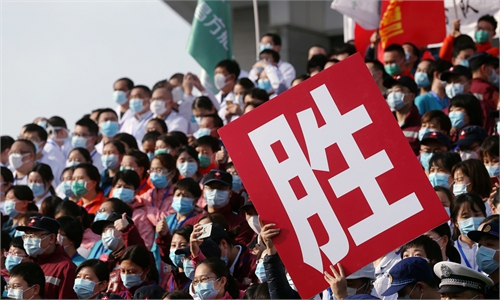Chinese living overseas flock back home for COVID-19 vaccination, a vote of confidence in domestic vaccines
As the COVID-19 pandemic rages across the world, vaccines have become a life-saving straw that many people are eager to grasp. But at the moment, the availability is limited and the first batches are earmarked for those in the most urgent need, such as medical staff and senior citizens.
Easing constraints of foreign spouses can help solve gender imbalance, but risks, uncertainties remain
Fang and his Vietnamese wife live in a village in East China's Jiangxi Province. He drives a taxi in another county and only returns to his village on weekends. Even after five years of marriage, she's not entitled to hold a job. She passes the lonely weekdays tending the family's farm.
Boarding with caution
Cases of people coming to China with forged COVID-19 test reports have occasionally happened this year, inconveniencing China's epidemic prevention and control work. In the face of sporadic imported positive cases, Chinese authorities have recently tightened requirements for passengers flying in from several countries and regions including the US and the UK, where the pandemic remains serious or is worsening.
Foreigners in China celebrate special holiday with new recognition of life
The Global Times interviewed several foreigners from different countries and churches living in China. Some of them have been living in the country for decades and consider themselves as "locals," and some are stuck here alone due to travel restrictions. They have different plans for this special Christmas. At the end of the year, they would like to share their experiences in China and what the holiday means to them.
Poverty-stricken regions embrace digital job opportunities like outsourced customer service
The development of e-commerce is injecting vitality into China's poverty reduction and rural revitalization efforts. Enterprises and the government are working together, dynamically integrating technology, education and employment through customer service phone calls and logistics express orders, allowing more people to connect with the digital age.
'World's factory of violin' trains farmers into craftsmen, lifts region out of poverty
Zhugou village is a community in Queshan county, Central China's Henan Province, known as the world's “factory of violins.” For every 10 hand-made violins sold around the world, nine are made in Queshan.
Sinovac Beijing vaccine production facility works overtime to supply global inoculation
The Global Times reporters on Sunday visited the COVID-19 vaccine Beijing manufacturing plant of leading Chinese vaccine producer Sinovac to see how vaccines go through a complex packaging process - from vaccine bulk grouting to packaging - before they are shipped to vaccination sites around the world.
GT investigates: Review of 40-day response
December 27, 2019 marks the starting point for China's battle against the novel coronavirus. It was on that day that Zhang Jixian, a doctor at the Hubei Provincial Hospital of Integrated Chinese and Western Medicine, first reported cases of what was then called a “pneumonia of unknown origin.” One year has passed, with the wounds the lethal virus inflicted on Wuhan gradually healing, although some Western countries are still leveling blame against China for its initial anti-virus response. It is meaningful and necessary to review the first 40 days following December 27, 2019, to see how the medical staff in Wuhan strived to save patients' lives, what the residents experienced and how the enormous nation-wide aid to the city helped restore order.
Last but not least: a county in mountains catches up by finding its way of development
It seemed the development of Dadiba village had no solution, but the past years proves another story.
Revolutionary base leads the poverty-reduction work with 'Red Army' spirit
Every year, tens of thousands of people visit the county-level city, a sacred place in China's history of revolution in modern history, to trace and worship the Jinggangshan spirit - "overcoming difficulties with hard work and relying on the masses for victory."
Complaint made by Hong Kong Professional Teachers' Union against CCTV program rejected: Hong Kong Communications Authority
A complaint made by Hong Kong Professional Teachers' Union (HKPTU) against a China Central Television (CCTV) program was rejected by the Hong Kong Communications Authority (CA) on Tuesday.
Indian company backed by right-wing European forces has churned out propaganda against Pakistan and China for 15 years
Revelations about an Indian company which has consistently slandered Pakistan and China for years with steady misinformation shocked members of the international public. Many Chinese and Pakistani readers of a related investigation report, revealing how the company creates and spreads disinformation against the two “neighbors and rivals” of India, told the Global Times they believe the Indian government and its European allies are behind this appalling scandal.
Hydropower project in Peru shows Chinese company's responsibilities
The Chaglla hydroelectric power plant in Peru has become a reflection of Chinese companies' capability and responsibilities with its high-quality operation and efforts in local environment, social welfare and infrastructural constructions.
Ten years since Arab Spring, the US leaves a mess, ruin in Middle East with interference, imposing 'Western democracy'
Ten years on from the Arab Spring - a string of uprisings across the Middle East that first started in Tunisia - how has the Middle East fared? While some governments have been overthrown, the reforms many once demanded still seem to be a far-fetched dream. Some countries have even entered an era of more turbulence and insecurity.
China's governmental departments vow to cut carbon emissions with comprehensive efforts
Senior officials and experts from several Chinese governmental departments including top authorities in environment, energy, construction and traffic have vowed to comprehensive steps in confronting the climate change and achieving China's goals of a carbon peak and neutrality during a Monday meeting.
Inspired by inclusive family planning policy, young Chinese expect a fertility-friendly society
China has actively responded to the disappearing demographic dividend and low fertility rate, partly by putting forth the concept of "inclusiveness" in the family planning policy for the first time, in its most recent Five-Year Plan.
Chinese vaccine producer rehearses nationwide logistics for upcoming mass inoculation
China has seen a nationwide logistics rehearsal to prepare for the upcoming COVID-19 vaccine mass use, as some leading vaccine producers have been conducting large-scale transport drills across the country since Friday.
GT investigates: COVID-19 battle: beyond competition between two systems
No one in the world would have imagined they had to live through difficult times amid the coronavirus pandemic that has completely changed the way we live. When many Chinese people thought they had successfully contained the outbreak in mid-March, they didn't expect to see more and more countries later engulfed in this "war against the virus".
